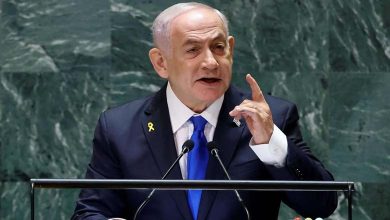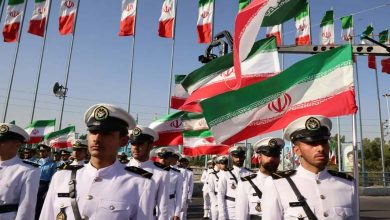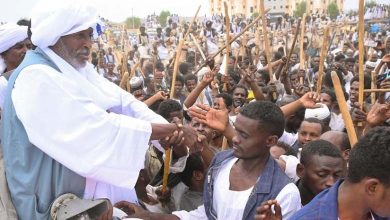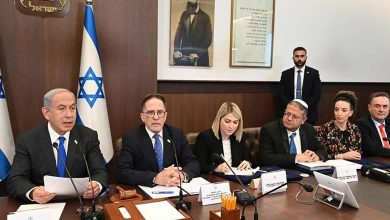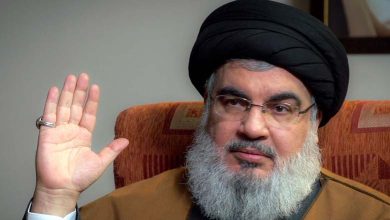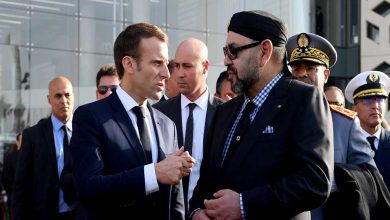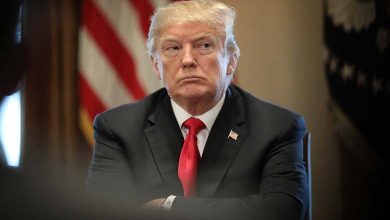Evolution in Moroccan-French relations despite some unresolved and mysterious issues
Moroccan experts urge Rabat to turn Parisian negotiation tactics into a clear stance as a prelude to partnership.
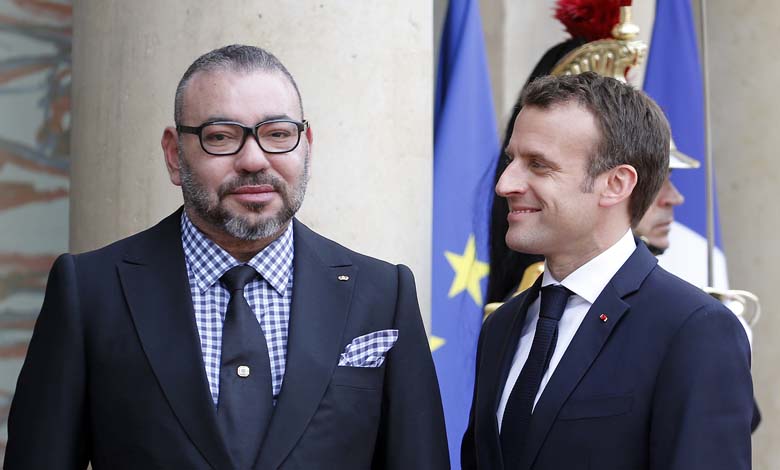
The relationship between Paris and Rabat is in a phase of renewal and development. Experts believe that there are still lingering issues and French ambiguity regarding the Sahara issue.
France seeks a partnership with Morocco to regain some of its declining influence in the region.
Rabat – Morocco and France have recently exchanged positive messages regarding the restoration of relations between them after years of “silent tension” due to contentious issues, which has provoked hostility from regional powers opposed to Rabat’s territorial rights and sovereignty over its lands. However, there are some unresolved issues, and the French stance on them remains unclear.
The visit of French Foreign Minister Stéphane Séjourné to Rabat on February 27th is the latest of these initiatives aimed at easing tensions between the two countries on both sides of the Mediterranean. This visit is the first of its kind since former French Foreign Minister Catherine Colonna’s visit to the Kingdom of Morocco in December 2022.
French First Lady Brigitte Macron hosted a lunch at the Élysée Palace on February 19th for three princesses, sisters of the King of Morocco, Mohammed VI.
In October 2023, Rabat appointed Samira Sitail as the new ambassador to Paris after a vacancy of about a year due to tensions between the two countries.
These tensions erupted after France announced over two years ago the tightening of conditions for granting visas to Moroccan, Algerian, and Tunisian nationals, citing the refusal of these three countries to issue consular permits to repatriate migrants from their nationals.
A Moroccan researcher said that the visit of the French Foreign Minister to Rabat reflects an evolution in relations, but there are still unresolved issues and French ambiguity regarding the Sahara issue. He considers that France seeks a partnership with Morocco to regain some of its declining influence in the region.
During a press conference in Rabat with his Moroccan counterpart Nasser Bourita, Séjourné announced a “new page” in relations between Rabat and Paris being prepared by both sides. Praising relations between the two countries, Bourita said they were “unique, unmatched, and rooted in history based on mutual interests.”
He added that “today’s relationship between the two countries is in a phase of renewal and development. Renewal in content, actors, and approach to keep pace with global developments.”
Moroccan researcher Bilal Tlidi considered that “the visit of the French Foreign Minister to Rabat indicates an evolution in relations after a period of silent tension between them,” stressing that “the choice of the French minister to visit Morocco first abroad has a certain symbolism.”
However, he said that “the language used by the two ministers (during the press conference in Rabat) shows that there are still unresolved issues, perhaps future visits will work to settle them.”
Among the unresolved issues, according to observers, are the issue of irregular migration and the situation of minor migrants in France originating from Morocco, living in difficult conditions and refusing to return to the Kingdom, in addition to European criticisms of press freedom in the Kingdom, which Rabat denies and Paris is believed to be behind.
Regarding the disputed Sahara issue between Morocco and the Polisario Front supported by Algeria, Séjourné said at the press conference that Paris “renews its clear and continuous support for the Moroccan proposal regarding the Moroccan Sahara conflict.”
He added, “We are aware that the conflict over the Sahara is an existential issue for the Kingdom of Morocco, and it is time to make progress, and I will personally ensure that.”
Rabat proposes extensive autonomy in the Sahara region under its sovereignty, while the Polisario calls for a self-determination referendum, a proposal supported by Algeria, which hosts refugees from the region.
Tlidi said, “The French Foreign Minister was keen to provide statements about the next steps of his country in supporting the Moroccan position on the Sahara, and that its position will move forward in this direction.”
But he added, “This position is still mysterious and shows that Paris is keen to make some gains before expressing its position on the Sahara issue, as it does not currently want to reveal all its contents.”
Séjourné proposed to Bourita “to establish a thirty-year partnership, including renewable energy sectors, training, and the development of modern industrial spaces.” According to Tlidi, this “partnership is not clear, as France wants to make this partnership a means to regain an important part of its influence that has declined in the region.”
The last four years have seen a decline in French influence in the Sahel region due to military coups that ousted Paris allies in Niger, Burkina Faso, Guinea, and Mali.
Tlidi believed that “Paris adopts a negotiation tactic based on ensuring active participation in Rabat’s strategy towards Atlantic-facing countries.”
On December 23rd, 2023, the foreign ministers of the Sahel countries agreed, during a meeting in Marrakech, to establish a national task force in each country to prepare and propose ways to implement an international initiative launched by the King of Morocco to open up Sahel countries to the Atlantic Ocean. In addition to Morocco, this meeting included Mali, Niger, Burkina Faso, and Chad.
Tlidi called on his country to “turn France’s negotiation tactics into a clear position as a prelude to partnership.”



